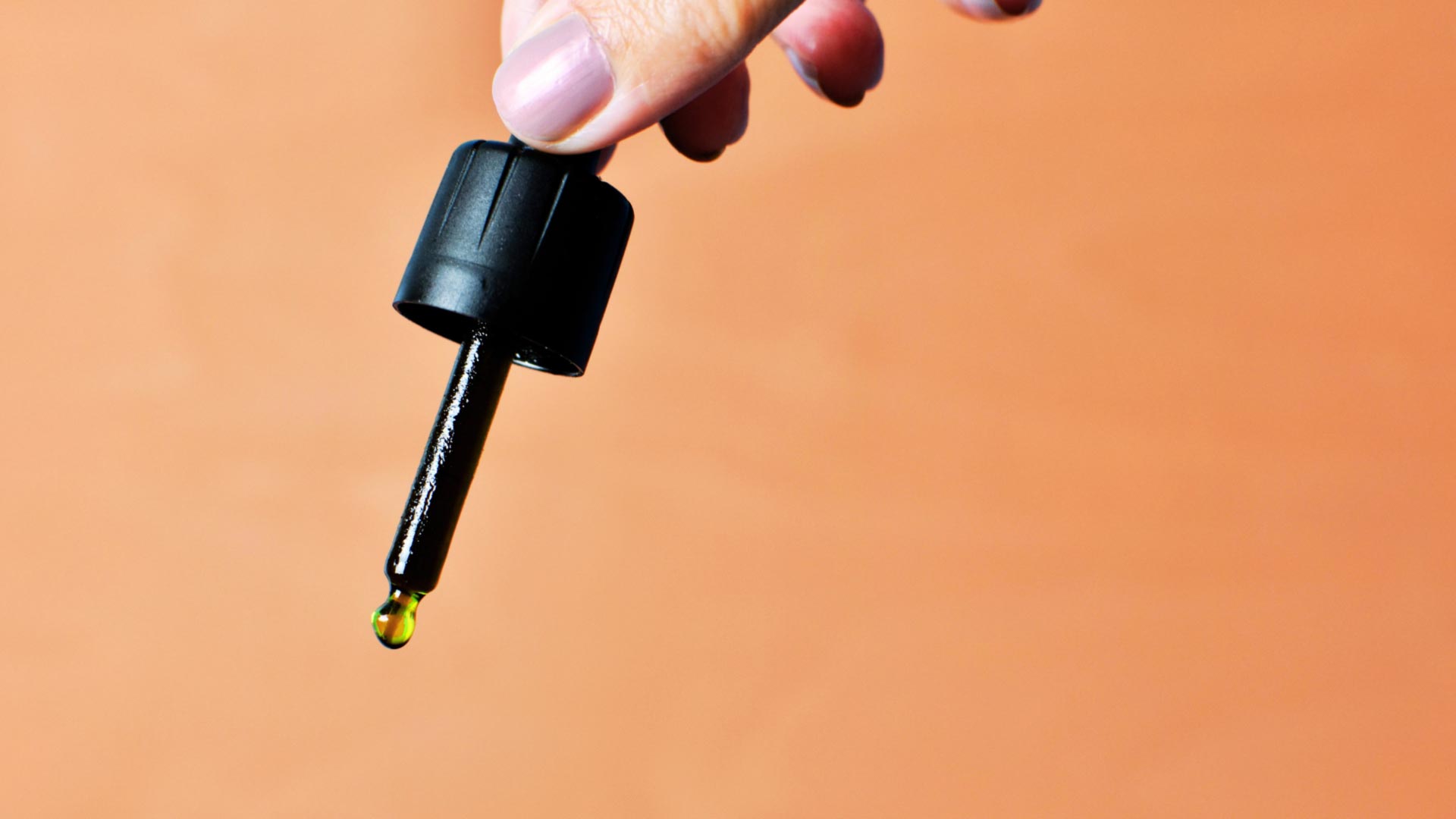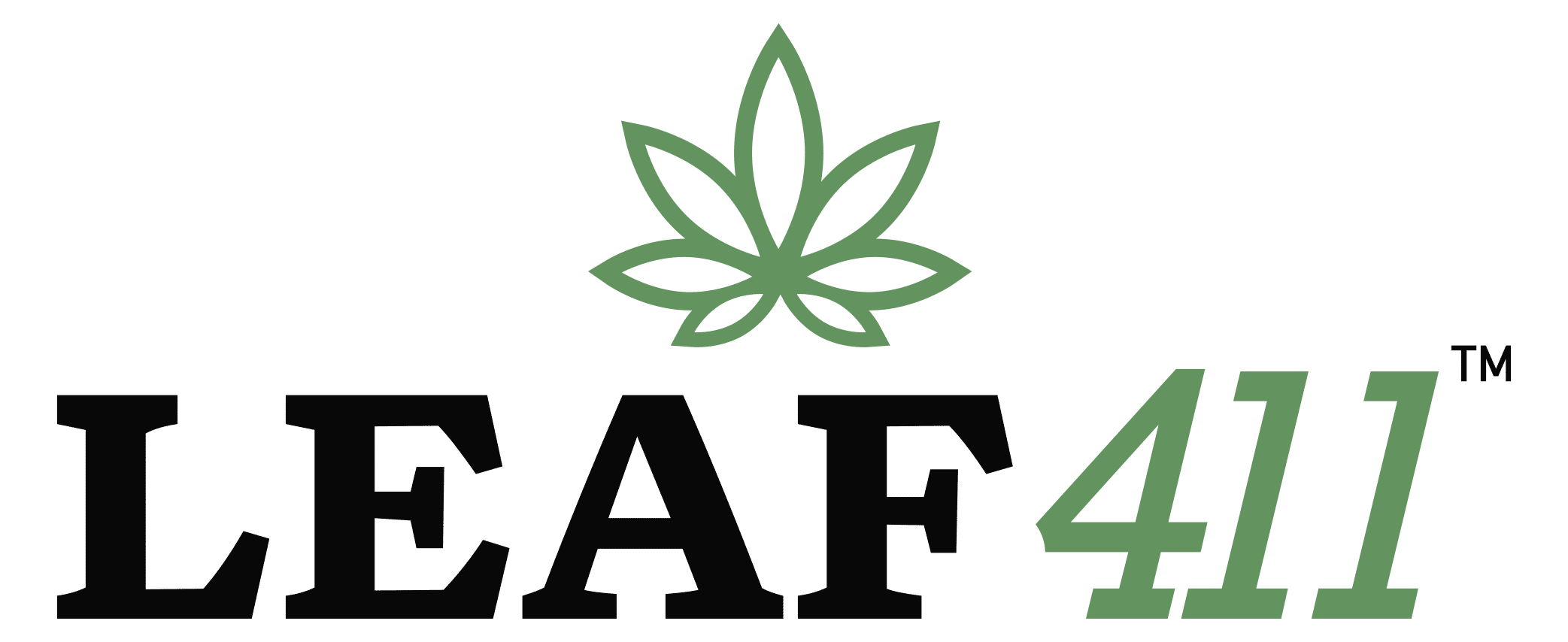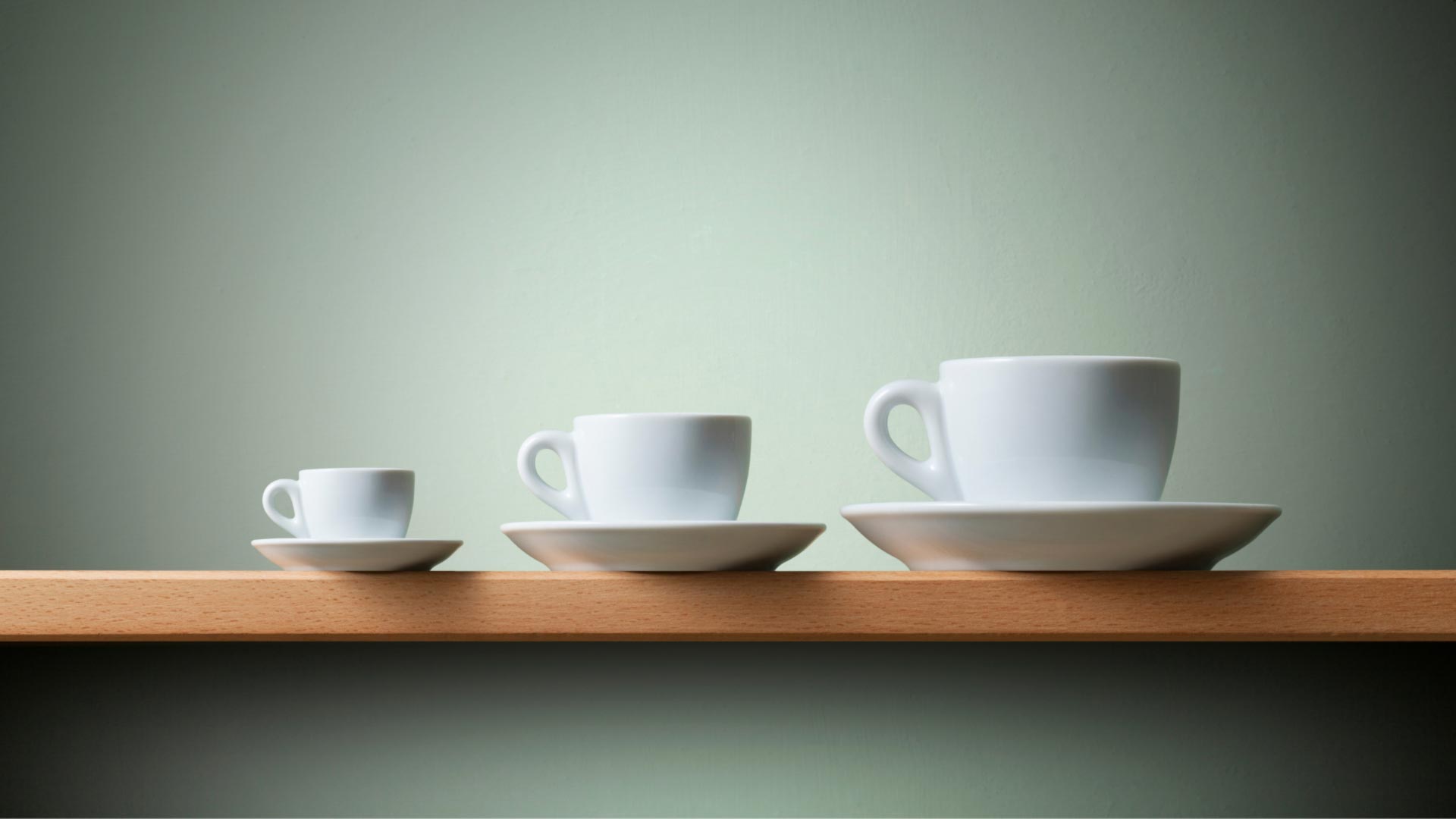Medically reviewed by Katherine Golden, RN
Have you ever wondered why sometimes a little caffeine can boost your energy levels and focus, but too much can leave you anxious and jittery? This phenomenon is known as the biphasic effect, in which a substance can have different effects at different dosage levels. Similar to caffeine, cannabinoids like THC and CBD found in cannabis also exhibit this biphasic nature.
In other words, when it comes to using cannabis to support your healing and wellness goals, finding your right dose matters. More is not always better!
Understanding the biphasic effect
The biphasic effect can be explained by the interaction of substances within your body’s receptors and systems, including your endocannabinoid system. At lower doses, a substance may stimulate certain receptors, leading to desired effects. However, as the dose increases, the substance may affect those receptors differently, potentially causing different and even adverse effects.
The coffee example: Why more isn’t necessarily better
To grasp the concept of the biphasic effect, let’s take a look at coffee, which contains caffeine. Depending on your tolerance, a cup or two of coffee acts as a stimulant, boosting alertness and energy. You feel more focused, motivated, and ready to tackle tasks. However, if you drink too much coffee, you may experience heightened anxiety, restlessness, and even difficulty sleeping. You can see how even a widely consumed substance like caffeine can have varying effects depending on how much you consume–and those effects even vary from person to person, just like the effects of cannabinoids.
What are the biphasic effects of THC?
THC is the psychoactive cannabinoid in cannabis and is known for its mind-altering effects. However, THC also exhibits the biphasic effect. At your optimal dose (remember–that amount is different for everyone!), THC can help support relaxation, pain relief, and a pleasant sense of euphoria. It may also help alleviate symptoms of anxiety and depression, promote creativity, and enhance sociability.
However, as the dosage increases, the biphasic nature of THC becomes apparent. Higher THC concentrations can lead to increased anxiety and paranoia, especially when large doses of THC are consumed within a short time period. It is important to note that different people may have varying sensitivities and reactions to THC, so it’s important to start with a low dose and increase your consumption slowly to find the right amount for your needs.

What are the biphasic effects of CBD?
CBD is non-intoxicating and does not produce the THC “high” typically associated with cannabis. CBD is gaining popularity for its potential therapeutic benefits, including pain relief, reduction of inflammation, and management of anxiety and stress. However, CBD also exhibits a biphasic effect.
At the optimal dose, CBD can help support relaxation and reduce anxiety levels. It may help enhance focus, improve sleep quality, and aid in stress management. Many people have also found CBD to be a helpful tool for reducing inflammation-related aches and pains.
However, when you increase the amount of CBD you take, the biphasic effects may manifest differently. While CBD is generally well-tolerated, some individuals may experience drowsiness, a decrease in motivation, or mild gastrointestinal discomfort. These effects are typically rare and occur at higher doses.
Also, you may find that at very low doses of CBD, you may experience the opposite effect of high doses which include mind alertness and increased anxiety. This is one reason why low doses may not be ideal for bedtime.
How do you find the right amount of CBD or THC for you?
The biphasic nature of THC and CBD serves as a reminder that “more is not always better.” It highlights the importance of finding your own just-right dose to maximize the benefits and minimize potential adverse effects. Here are a few key considerations to help you determine your optimal dose:
- Start low and go slow: Begin with a low dose and gradually increase it over time. If you’re just starting out, you can even split most products (like cannabis gummies) into even smaller pieces. This allows you to assess your body’s response and find the dose that works best for you. Keep in mind, too, that everyone’s optimal dose may be different. What works for your friend or the budtender at the dispensary may not be the right dose for you.
- Track your experiences: Keeping a cannabis journal can make this an easy process. Note any positive effects, adverse reactions, or changes in symptom relief as you adjust the amounts CBD or THC or the types of products you use.
Get help from an expert cannabis nurse: If you’re new to cannabinoids or have specific health concerns, it’s always wise to seek advice from a healthcare professional who is knowledgeable about cannabis. Our cannabis-trained RNs at Leaf411 can provide you with personalized guidance and ensure any potential drug interactions or contraindications are taken into consideration.
Our Leaf RNs have completed advanced training on cannabis therapeutics and can help guide you, whether you’re in a state with legal medical cannabis, legal adult-use (recreational) cannabis, or even if you’re in an area where CBD is your only option. We help take the fear and uncertainty out of purchasing and using cannabis and hemp CBD products. Contact us today from our homepage, clicking on the “Let’s Talk” button to schedule your call.


